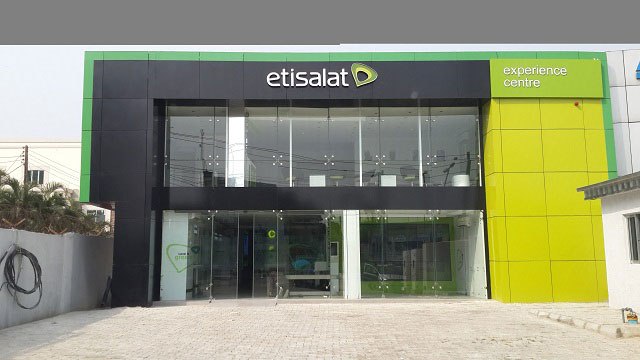
Etisalat International on Monday said it had terminated a management agreement with its Nigerian unit, saying that it had given the business about three weeks to phase out the Etisalat brand in the country.
The Chief Executive Officer, Etisalat International, Hatem Dowidar, told Reuters that the exit process became necessary given that the firm had been unsuccessful at converting some of its dollar debts to naira.
The Nigerian Communications Commission and the Central Bank of Nigeria had recently intervened to save Etisalat Nigeria from collapse after it failed to pay the remaining $589m from a $1.2bn loan it took from a consortium of 13 banks.
Before then, all the United Arab Emirates shareholders of Etisalat Nigeria, including state-owned investment fund, Mubadala, had exited the company and left the board and management.
Etisalat, with a 45 per cent stake in the Nigerian business, had been ordered to transfer its shares to a loan trustee after it became obvious that it could not pay up the $589m debt of the original loan.
However, with the current development, Dowidar said, “The Nigerian lenders may try to continue to operate the company until they find a buyer; or they may merge the company with the existing players in Nigeria.”
He said it was tough to say what the lenders would do.
The Etisalat CEO added, “The brand agreement in either of these two scenarios won’t be a long-term thing, so we take out the brand; in the long term, Etisalat won’t be in Nigeria.”
He had earlier told Reuters that discussions were ongoing with Etisalat Nigeria to provide technical support.
“There’s a new board and we are not part of that company. We have sent our termination letter for the management agreement,” Dowidar said of the ongoing discussions with Etisalat Nigeria.
According to him, the parent company (Etisalat) has written down the value of the Nigerian business on its books and that transferring its 45 per cent stake to the lenders after loan renegotiation talks collapsed has no impact on the group.
When asked whether Etisalat would consider entering Nigeria again, he said, “The train has left the station on that one. Being in that market as an investor…are we willing to risk more money compared to the reward for the long-term?”
Meanwhile, most Etisalat Nigeria outlets in Lagos were either shut or almost empty when our correspondent visited some of them on Monday, an indication that the telecommunications company is gradually exiting the country.
Of the 11 outlets visited by our correspondent in Lagos, six of them did not open for business, while the other five witnessed skeletal activities.
The Etisalat Experience Centre at the Ikeja City Mall received only two subscribers between 9am and 1pm on Monday, the visitations register showed.
Previous visitation registers of the telco from January to March showed that not less than 50 persons, on the average, visited the centre for one transaction or the other in the morning and afternoon hours daily.
There were only two employees of the telecoms firm on ground and one of them, a contract worker, who spoke on the condition of anonymity, said, “We somehow knew it was going to come to this because since the news appeared in the media in March, the subscribers have been pulling out gradually.
“The number of those who come to the outlet on a daily basis, and other outlets as we were told, has also started reducing gradually. The company is no more funding the operation here as it used to do.”
END

Be the first to comment